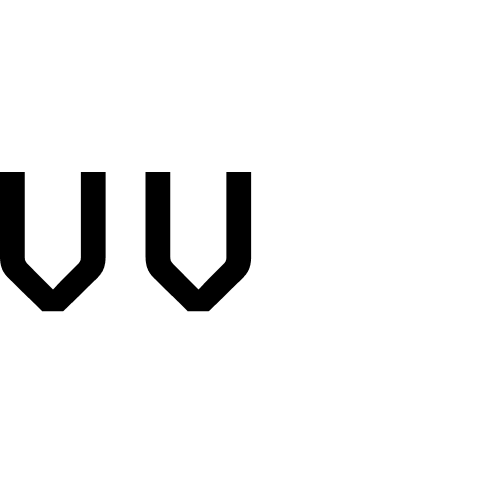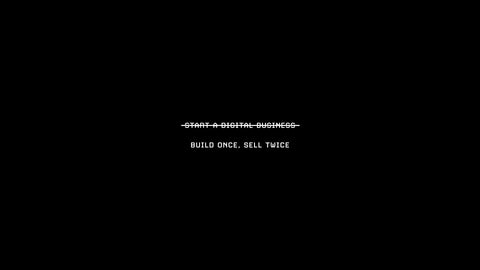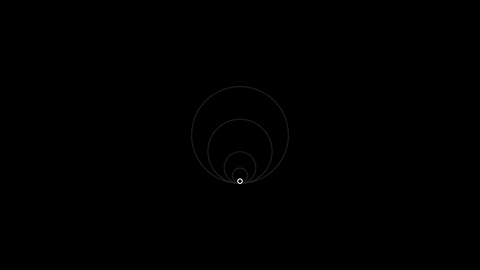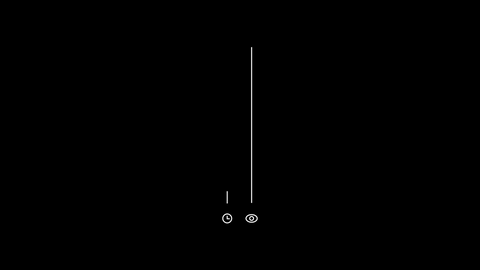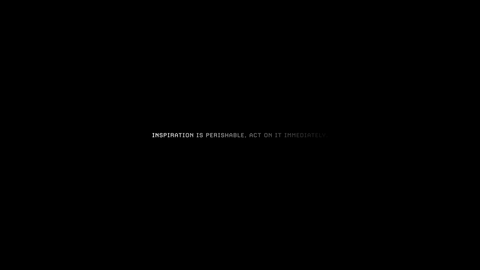If you're reading this, you're likely trying to figure out how to get people on the internet to pay attention to you or whatever it is you're building.
Broadly speaking, there are two ways to approach this:
Search (Google, etc) and Social (Instagram, Twitter, TikTok, etc).
Consider the mentality of the person using the two environments we're discussing.
Search: "I'm looking for x."
Social: "I'm looking for nothing in particular (or I'm actively avoiding x)."
You have to be 100x more persuasive on social because you're asking someone to stop what they're doing and do what you want them to do instead.
This is why you see more and more extreme statements, the destruction of nuance, and acute trends that die off quickly.
Social is a game of shock.
Search is a game of service.
Over the past two years, Visualize Value has grown exclusively using social platforms — primarily Instagram and Twitter. They've been incredible resources, community building tools, and massive platforms for distribution.
The things that make social media incredibly valuable, are the same things that make it challenging to rely on it exclusively. Algorithms change, audiences get fatigued, creators must find new angles constantly to court the algorithm and stay relevant.
None of this is to discourage the use of social, merely to frame the benefits of search as an additional strategy.
As we begin to diversify our strategy, we're building a training program in parallel:
Compound Content aims to help you augment your business and hedge an over reliance on the changing whims of social networks.
